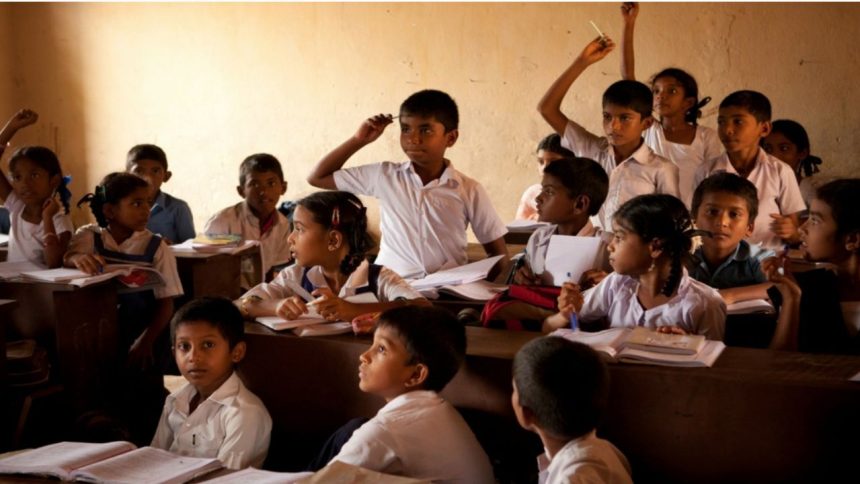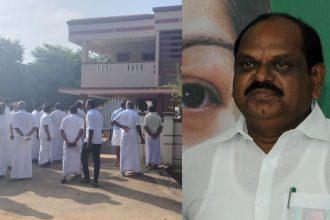
New Delhi: In a major syllabus change from previous book editions, the NCERT released a revised Class 8 Social Science textbook. The book titled “Exploring Society: India and Beyond (Part 1)” is referred to as “an unsanitised” account of the Delhi Sultanate and Mughal periods by the education board.
Introduced under the framework of the National Education Policy (NEP) 2020, the textbook openly addresses episodes of “religious intolerance, temple and gurdwara destruction, and political brutality” spanning the 13th to 18th centuries.
In the updated content of the book, Babur is described as a “brutal and ruthless conqueror,” while Akbar’s reign is characterised as a “blend of brutality and tolerance.” Aurangzeb is depicted even more harshly, with references to the destruction of temples and gurdwaras under his rule.
“The events…(and many more) did happen and left their mark on Indian history; the rationale for including them has been explained in the ‘Note on Some Darker Periods in History’. The historical account given, while it does not sanitise history, is balanced and entirely evidence-based. Besides, in addition to the ‘Note on Some Darker Periods in History’, a cautionary note has been inserted in one of the chapters to make it clear that no one should be held responsible today for events of the past. The emphasis is on an honest approach to history with a view to drawing from it important lessons for a better future,” NCERT said in a statement.“The events…(and many more) did happen and left their mark on Indian history; the rationale for including them has been explained in the ‘Note on Some Darker Periods in History’. The historical account given, while it does not sanitise history, is balanced and entirely evidence-based. Besides, in addition to the ‘Note on Some Darker Periods in History’, a cautionary note has been inserted in one of the chapters to make it clear that no one should be held responsible today for events of the past. The emphasis is on an honest approach to history with a view to drawing from it important lessons for a better future,” NCERT said in a statement.
These portrayals are accompanied by a disclaimer titled “Note on Some Darker Periods in History,” which cautions that no present-day individuals or communities should be held responsible for historical events.
Previously, such topics were introduced in Class 7 textbooks. However, under the revised curriculum, the histories of the Delhi Sultanate, Mughals, and Marathas are now covered in Class 8. A chapter titled “Reshaping India’s Political Map” explores invasions, resistance movements, and the socio-political transformations that occurred under these dynasties.The textbook emphasises “political instability, the plundering of cities, and the destruction of religious and educational institutions” by certain rulers. According to NCERT, these changes aim to promote “an honest approach to history” that neither sanitises nor sensationalises the past, but rather helps students develop contextual understanding and lessons for a better future.
This update is part of NCERT’s phased rollout of new textbooks aligned with the 2023 National Curriculum Framework. Updated books for Classes 1 to 4, 6, and 7 have already been released, while textbooks for Classes 5 and 8 are currently being introduced, according to a report by Hindustan Times.
Curated by: Niswarth










